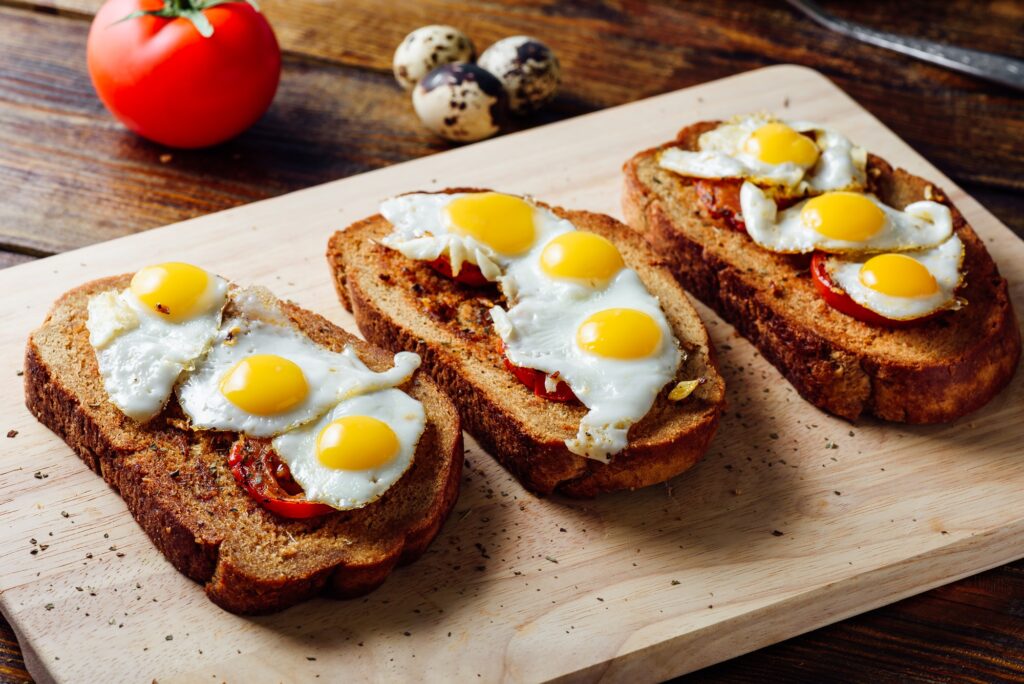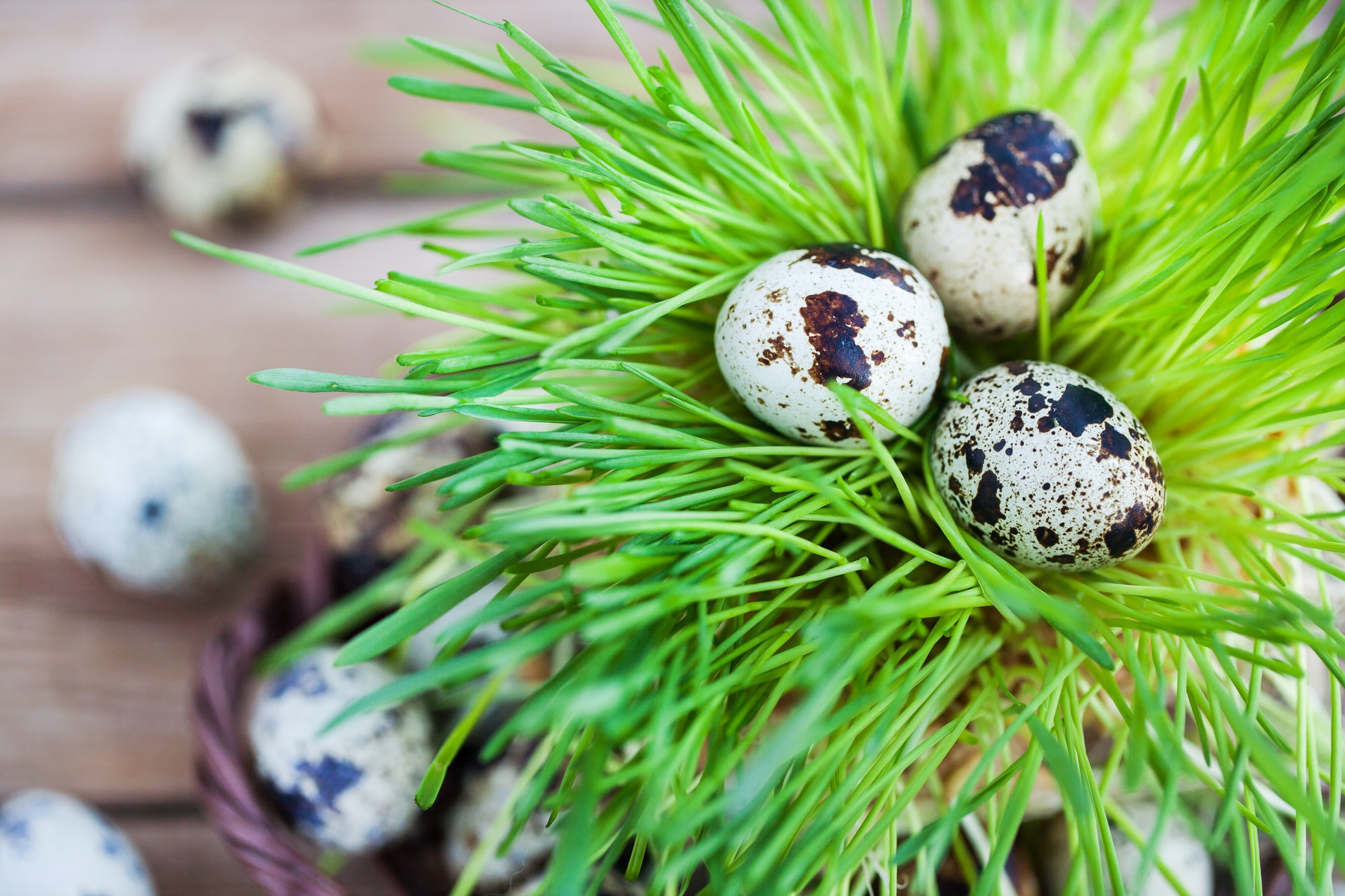Quail eggs, those tiny speckled gems, are a powerhouse of nutrition and a versatile ingredient in the kitchen. They’re also a fun and rewarding project for those interested in raising their poultry. Let’s dive into the world of quail eggs, exploring their health benefits, culinary uses, and how to raise quails for eggs.
Health Benefits of Quail Eggs
Quail eggs are a nutritional goldmine. They’re rich in protein, beneficial fatty acids, and vitamins like vitamin B, A, and a significant chunk of your daily vitamin B12, selenium, riboflavin, and choline needs. These nutrients play a crucial role in boosting metabolism, improving vision, treating allergies, and increasing energy.
Quail eggs also contain more fat and protein by weight, double the iron and riboflavin, and about one-third more vitamin B12 than chicken eggs. They’re low in calories but super filling, making them an excellent choice for those watching their weight.
Moreover, quail eggs promote brain health, protect bone and muscle health, and improve gut health. They’re also good for the eyes, thanks to antioxidants like lutein, zeaxanthin, and selenium.
Cooking with Quail Eggs
Quail eggs aren’t just nutritious; they’re also delicious and versatile in the kitchen. They can be used in a variety of dishes, from appetizers to main courses.

You can hard-boil them and use them as a garnish for salads, or poach them and use them to fill braised artichoke bottoms. They’re also great in risotto, homemade white sauce pizza with bacon, or even as a unique addition to a shot glass with a tiny dot of sriracha.
For a taste of Brazil, try making marinated quail eggs, a quintessential appetizer that’s easy to make at home. Or, for a Spanish touch, try smoked salmon & quail’s egg, a pintxos-inspired dish.
Raising Quails for Eggs
Raising quails for eggs is an exciting adventure. Quails are small, easy to keep, and have charming personalities, making them a perfect addition to any backyard flock.
Before you can raise quail, you need to obtain quail, either in the form of already hatched birds or hatching eggs https://factsmosaic.com/10-fun-facts-about-quail/. Quail require more attention during the incubation and hatching process, as they are more sensitive to temperature and humidity changes.
When it comes to housing your quail, most folks usually go for a hutch-type pen that sits off the ground with a floor on a slight angle so the eggs roll out of the pen and into a catchment area.
Quails are ready to be butchered at just eight weeks old, and by 10 weeks old, the hens will begin to lay eggs. However, their egg production slows down more quickly compared to ducks or chickens due to their short lifespan.
Key Takeaways
Quail eggs are a nutritional powerhouse, packed with protein, beneficial fatty acids, and essential vitamins. They’re versatile in the kitchen, adding a unique touch to a variety of dishes. Raising quails for eggs is an exciting and rewarding project, suitable for both urban and rural dwellers. Whether you’re interested in their health benefits, culinary uses, or raising them yourself, quail eggs are a tiny but mighty addition to your lifestyle.
So, why not give quail eggs a try? They might just be the superfood you’ve been looking for!
